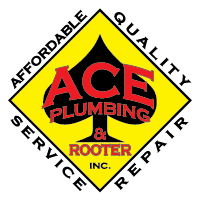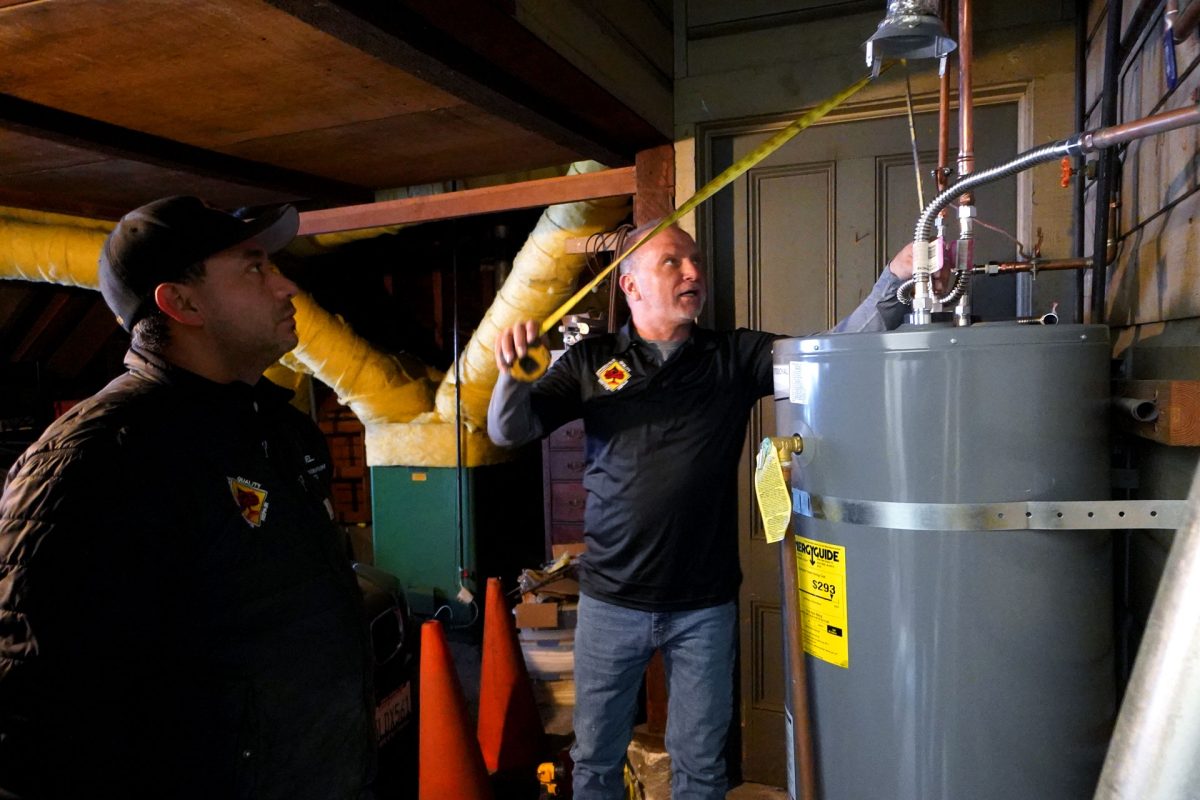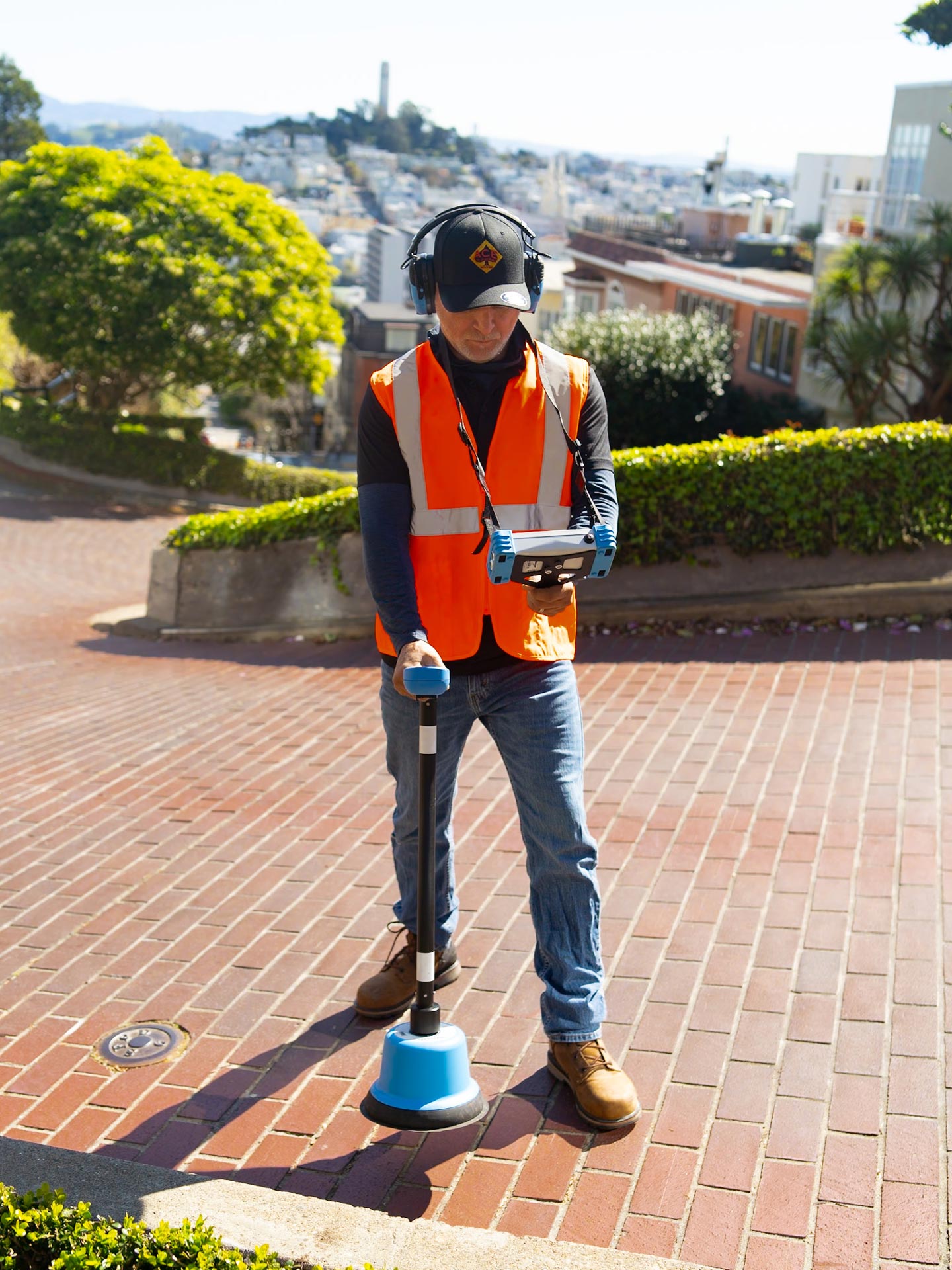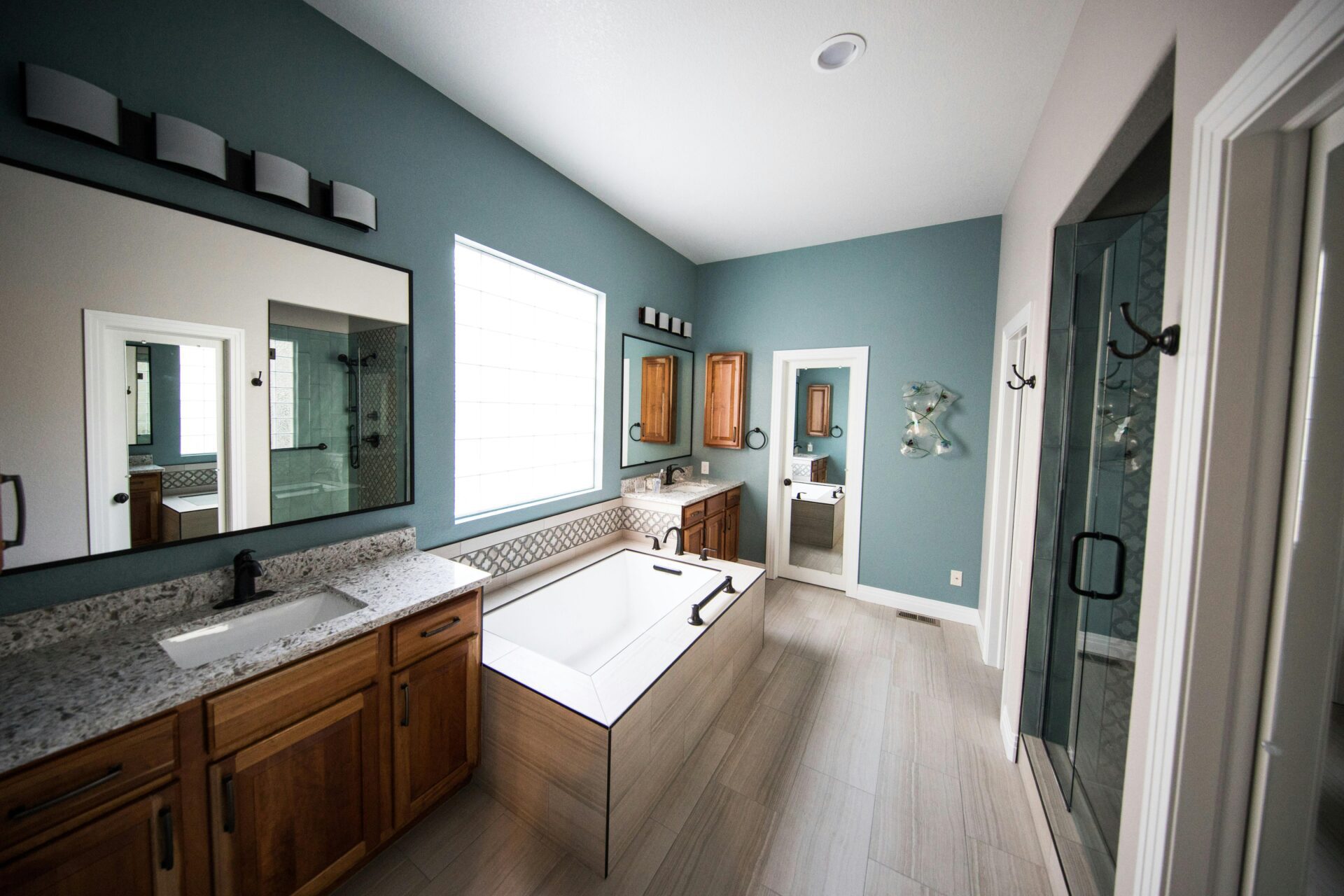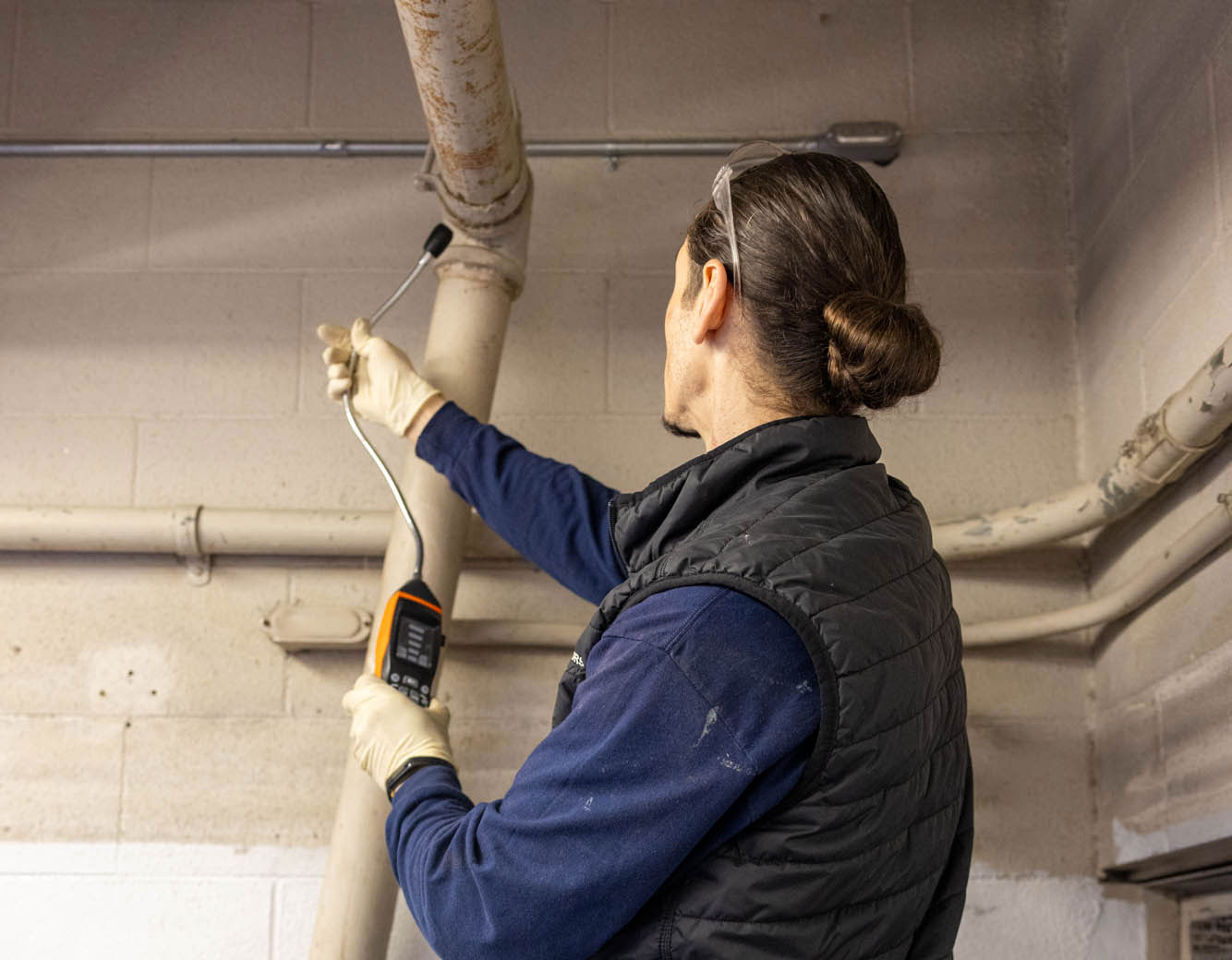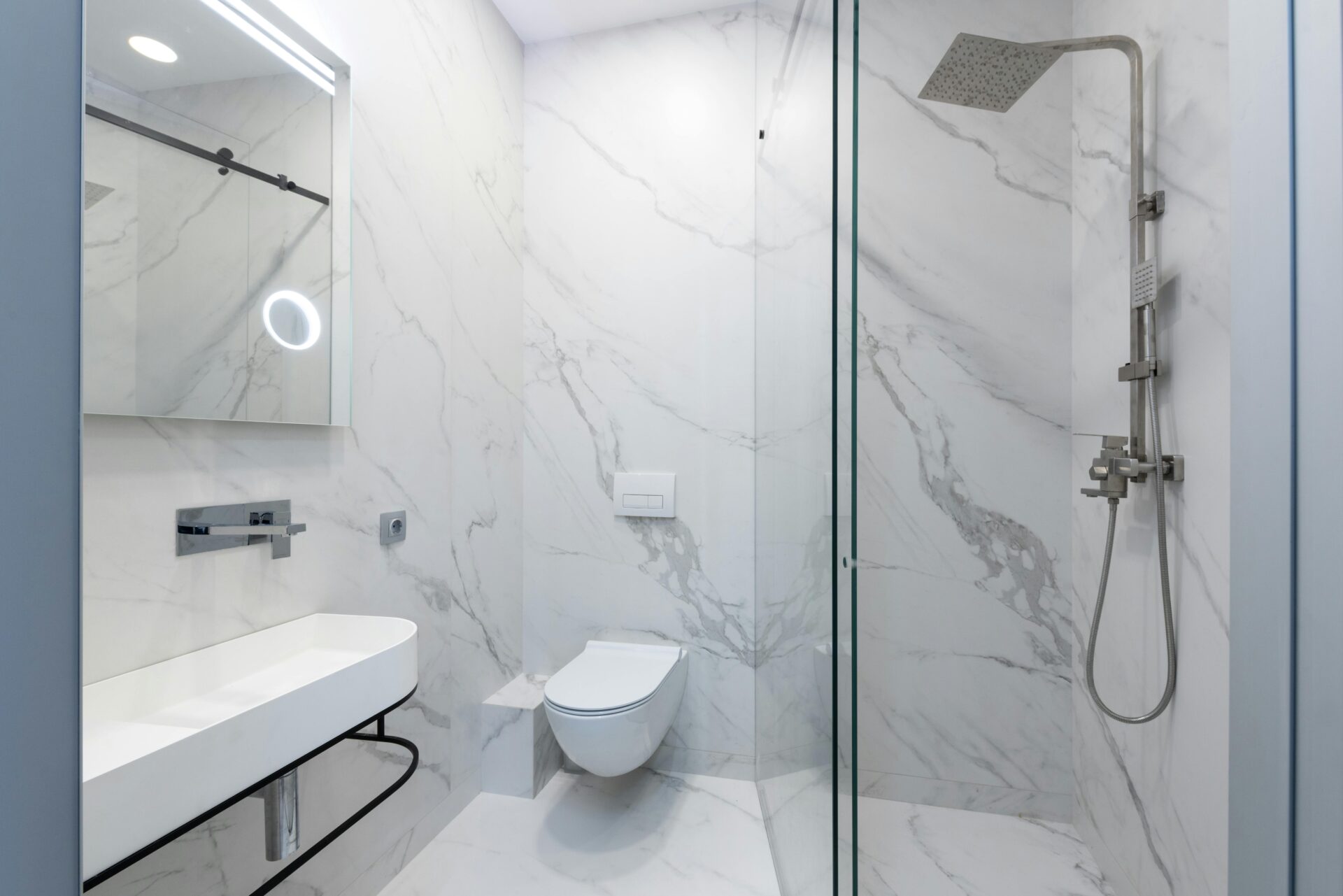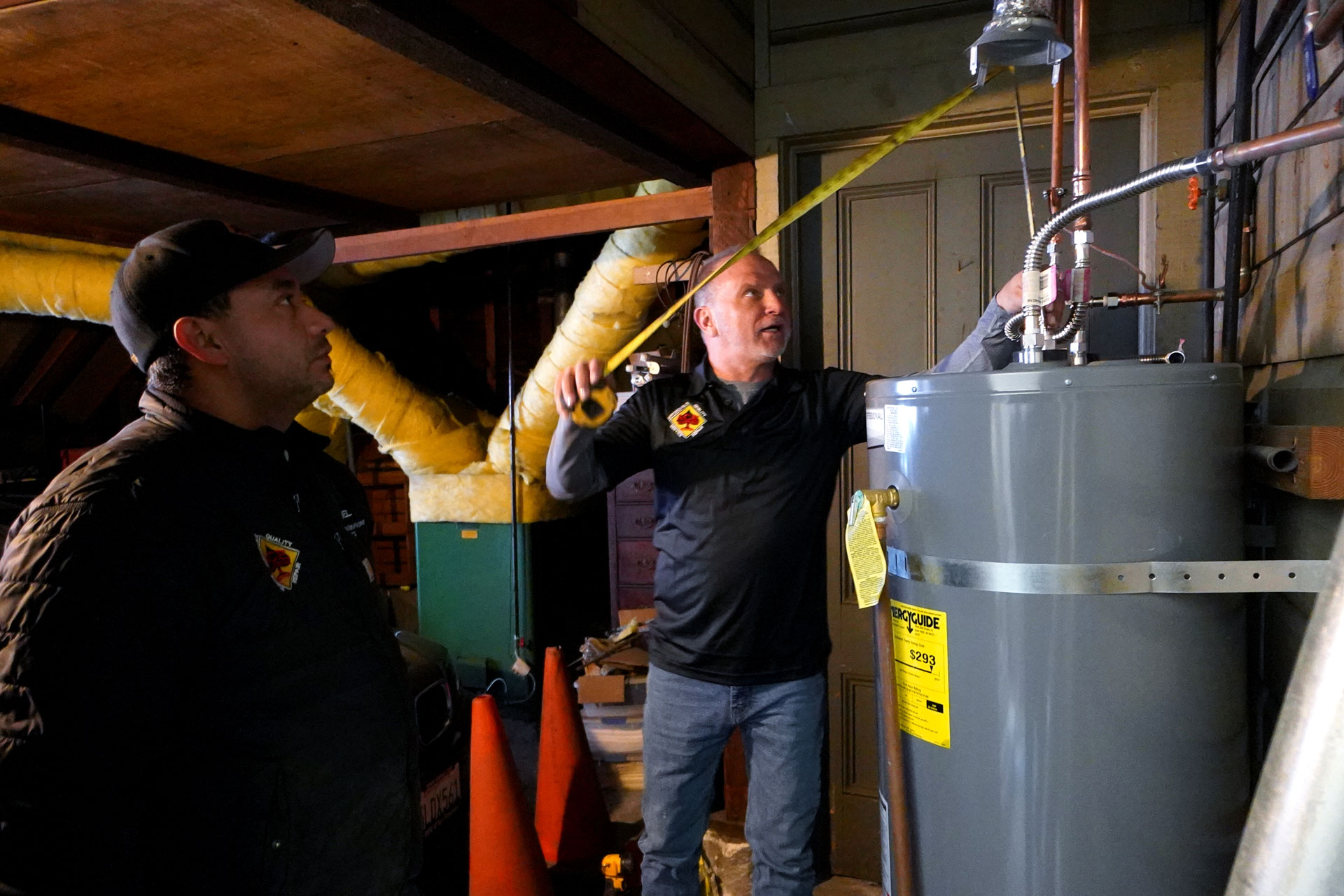At Ace Plumbing, we’re commonly asked about the difference between water heaters and boiler. When it comes to home and water heating systems, it can be overwhelming trying to understand the difference between the various types of systems, exactly what they do, and what the best solution may be for your home or business. Here we’ll discuss water heater and boiler systems, helping to explain the key differences between these two systems and helping you to understand each plumbing appliance better.
What is a Water Heater?
A water heater is a plumbing system used to heat and store hot water for domestic uses like, showers, cooking, laundry and more. It works by transferring heat from a combustion chamber or heating element to the water stored in its tank. Three main types of systems we’ll compare here are conventional, tankless, and solar water heaters:
- Conventional water heaters: This type of water heater uses a storage tank to hold heated water until it is needed. They are the most common and affordable option, but they do have a limited supply of hot water.
- Tankless water heaters: Also known as on-demand water heaters, tankless water heaters heat water directly without storing it. They are more energy-efficient than conventional models and provide an endless supply of hot water.
- Solar water heaters: This type uses solar panels to heat the water. They are eco-friendly and can help reduce energy bills, but they do require a backup system for days with low sun exposure.
Each type of water heater has its own set of pros and cons, which should be carefully considered when choosing the right water heater for your home.
What is a Boiler?
A boiler is a heating appliance that uses hot water or steam to provide heat throughout a building. It works by burning fuel to heat water, which is then circulated through pipes and radiators in the home. There are three main types of boilers – conventional, system, and combination boilers:
- Conventional boilers: This type has a separate hot water cylinder to store heated water for household use. They are ideal for homes with high hot water demands, but they do take up more space and can be more expensive to install.
- System boilers: These units also have a separate hot water cylinder, but the heating components are built into the boiler itself. They are more compact than conventional boilers and can provide hot water to multiple outlets simultaneously.
- Combination boilers: These units do not have a separate cylinder and heat water on demand as it passes through the unit. They are the most compact and efficient option, but they may not be suitable for larger homes with high hot water demands.
As with water heaters, each type of boiler has its own advantages and considerations to keep in mind when making a decision about the best home heating system.
Differences Between Water Heaters and Boilers
While both systems serve the purpose of heating water, there are significant differences between water heaters and boilers that you should know as a homeowner:
- Primary purpose: A water heater’s main purpose is to provide hot water for household use, while a boiler is designed to heat the entire home.
- Heating method: Water heaters typically use electricity or gas as the primary source of heat, while boilers can also use oil or wood.
- Energy efficiency: Tankless water heaters and combination boilers are the most energy-efficient options, while conventional models may have a higher energy cost.
- Cost differences: Water heaters tend to be less expensive upfront than boilers. However, the long-term cost of operation and maintenance can vary depending on the type and usage.
- Maintenance and lifespan: Properly maintained water heaters can last around 10 to 15 years, while boilers can last up to 20 years. However, boilers may require more frequent maintenance due to their complexity.
Is a Water Heater or Boiler Right for Your Home?
Choosing between a water heater and boiler depends on various factors, including the size of your home, hot water usage, and budget. While water heaters and boilers may seem similar, they serve different purposes and have distinct features. It’s always best to consult with a professional plumber like Ace Plumbing who can assess your specific needs, recommend the most suitable option for your home, and ensure proper installation and maintenance!
